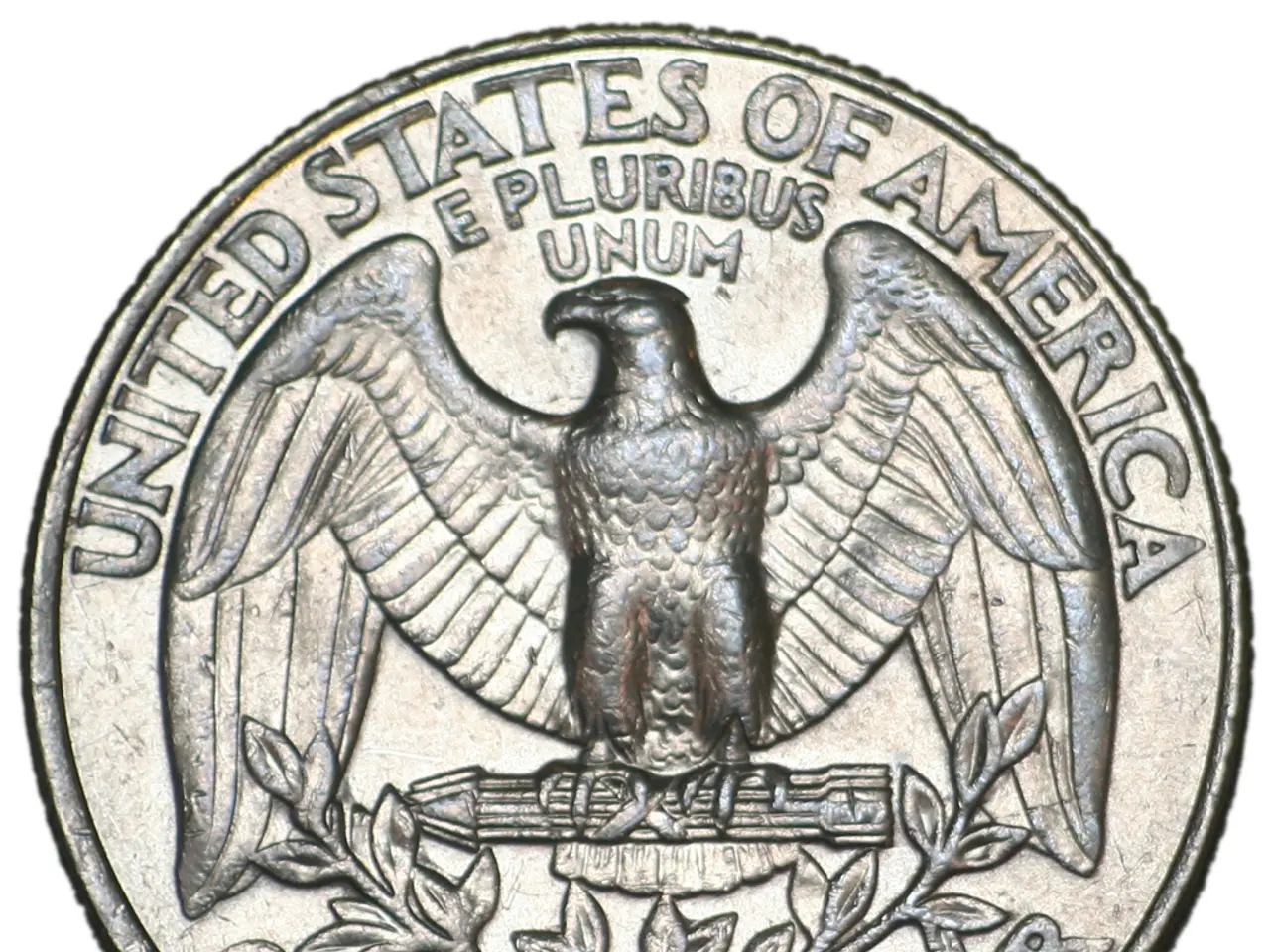Exploring Shutdowns at Inkyard Press and Razorbill: Seizing Benefits from the Closures' Aftermath
In the ever-evolving landscape of traditional publishing, some imprints like Razorbill (Penguin Random House) and Inkyard Press (HarperCollins) are on the brink of shutting down. This doesn't just happen out of the blue – it's usually a combination of poor sales, cravings for operational efficiency, and corporate politics that force these decisions.
At its core, publishing is a business, and if an imprint can't make ends meet, the axe might fall. Publishers have a knack for sniffing out titles that have staying power based on trends and similar books. However, if an imprint fails repeatedly to deliver cash-cows for publishers, it's financial doom.
The children's book market has experienced a downturn lately, with hardcover sales dipping a whopping 12.5% in 2022 compared to the previous year. In fact, sales took a nosedive even compared to 2020 and 2019 numbers. So, if an imprint has been leaning on the kid's market, it might be in a pickle.
Another factor contributing to an imprint's demise is excessive book acquisitions, leading to an imbalance when the sales don't cover the high upfront costs. This problem is exacerbated when an imprint is personality-driven, like when a key editor is in charge.
On the flipside, publishing companies launch imprints to capitalize on a specific trend or booming market segment. In recent years, we've seen an increase in imprints catering to conservative and far-right audiences, as well as those focused on historically marginalized voices.
The situation presents self-published authors with a golden opportunity to seize the day. While traditional publishers may tighten their belts, self-publishers enjoy the freedom to control budgets and promotional activities. They can ride the waves of change in the publishing world, adapting faster than their traditionally published counterparts.
Navigating a closing imprint can be bumpy for traditional authors, highlighting the benefits of self-publishing. Self-publishers have the autonomy and independence that traditional publishers lack – not to mention, less reliance on corporate decisions. And in an environment where internal politics and power plays can be unpredictable, these qualities prove invaluable.
While an imprint's reputation may hold weight within industry circles, it's often lost on the average reader. Self-published authors, however, can leverage their direct relationship with readers. By engaging with their audience, gathering feedback, and selling directly, authors can reach new heights.
In short, while traditional imprints' ups and downs offer insights into the publishing world, they also underline the advantages of self-publishing. As the landscape shifts, adaptable, innovative, and independent authors are poised to carve out their niche.
The downturn in the children's book market and the potential financial doom for underperforming imprints showcase a significant role of finance in the publishing industry. Conversely, the growing popularity of self-publishing among authors highlights the appeal of business independence and autonomy in an ever-evolving industry landscape.





